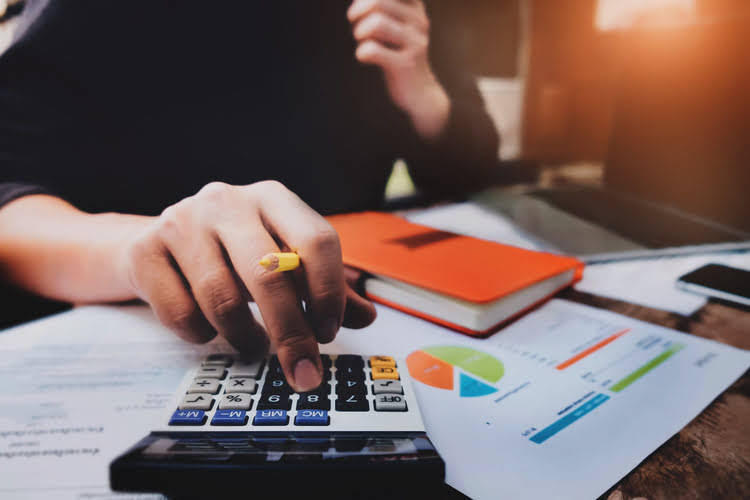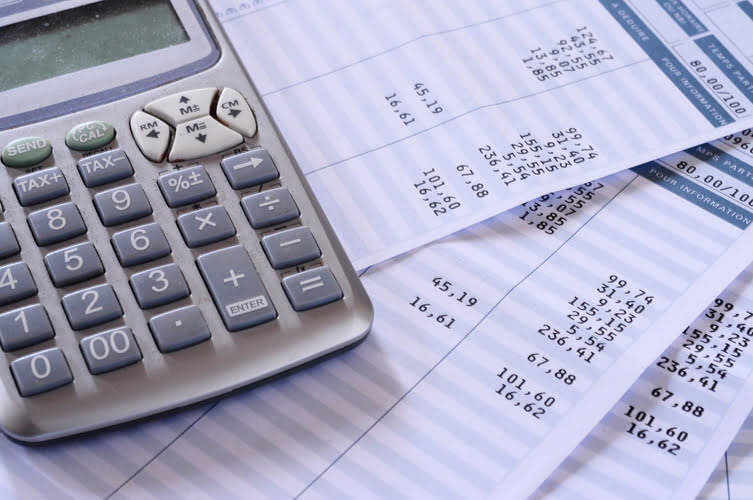
This accelerates the audit process, allowing auditors to focus on analysis and insights. By providing a transparent and immutable ledger for recording financial transactions, blockchain offers businesses a more secure, efficient, and accurate method of maintaining financial records. Blockchain’s role in accounting is promising, offering transformative benefits such as real-time auditing, automated financial reporting, enhanced fraud prevention, and improved data privacy. However, businesses must navigate several challenges for blockchain to be fully embraced in the accounting industry.

How Are Blockchains Used?
Blockchain technology reduces the possibility of disputes by fraudsters and scams. This reduces risks for all parties who use blockchain technology for accounting purposes. It also saves businesses a lot of time from having to deal with fraud or trying to collect money from dishonest organizations.

Services We Provide
A digital ledger of transactions effectively eliminates the need for statement and ledger reconciliation. Instead of spending valuable time reconciling bank statements with business ledgers, companies can keep a single set of constantly audited books. It records government financial activities, allowing citizens to access real-time expenditure information. Blockchain-based voting systems are explored for secure, tamper-proof elections, safeguarding democratic processes.
Transparency

Given the nascent stage of blockchain smart contract technology, managers within this space are advised to follow the lead of early adopters of this technology. However, blockchain technology changes that Bookkeeping for Etsy Sellers by helping companies record and settle transactions as they occur. This process is more consistent than the traditional accounting systems used within companies. Blockchain reshapes trust in financial transactions by enhancing transparency.
The evolution of audit technology
- Auditors can also use blockchain to auto-verify records instantly instead of manually cross-checking data.
- This application ensures transparency, reduces paperwork, and simplifies property transactions globally.
- Industries like supply chain management benefit from real-time tracking, reducing inefficiencies and enhancing overall operational transparency.
- This ensures that any discrepancies or suspicious activities are quickly identified and addressed, providing an added layer of security and trust in the accounting process.
- Today, a physical deed must be delivered to a government employee at the local recording office, where it is manually entered into the county’s central database and public index.
- While blockchain enhances transparency, it makes financial transactions visible to all participants.
It also guarantees that the record cannot be manipulated—no one can change the record. This level of immutability is why blockchain technology is commonly referred to as a “trust machine”. With accounting systems on the blockchain, artificial intelligence (AI), and automated processes, it is possible to cut down costs such as what is needed to reconcile records and auditing. Most of the tasks can be automated using smart contracts and machine learning on the blockchain. blockchain in accounting Also, mistakes and fraud are avoided as the blockchain is a neutral source of immutable data in a triple entry arrangement. At the end of the financial year, the internal accounting professionals must reconcile the records and share the information with stakeholders.
The Future Of Blockchain In Accountancy
- Even with this human oversight, and occasional intervention, large chunks of the audit process are going to be significantly automated, augmented, or replaced entirely.
- Blockchain technology is transforming financial audits by enhancing transparency and traceability.
- Illicit activity accounted for only 0.34% of all cryptocurrency transactions in 2023.
- Blockchain minimizes overhead and manual transaction processing by excluding the dependency on third parties and eliminating the need to perform manual audits.
- Smart contracts can automate routine accounting tasks, reducing the need for manual intervention and allowing accountants to focus on more strategic activities.
Blockchain simplifies audits by providing a transparent and immutable record of all transactions, reducing the need for extensive manual verification and increasing audit efficiency. The future of blockchain in accounting looks promising, with trends indicating increased adoption for enhanced transparency, security, and efficiency. Ongoing advancements aim to address current challenges such as scalability and integration. The decentralized nature of blockchain poses a challenge for traditional petty cash regulatory frameworks.
However, as the technology matures and more businesses implement blockchain solutions, the industry will likely push for the global standardization of blockchain accounting practices. This could involve the creation of global frameworks for reporting, taxation, and auditing, ensuring consistency across borders. In addition, blockchain’s transparent and immutable ledger provides real-time access to financial data, enabling quicker and more accurate financial reporting. This increased visibility ensures that all stakeholders have access to the same information, fostering trust and collaboration.